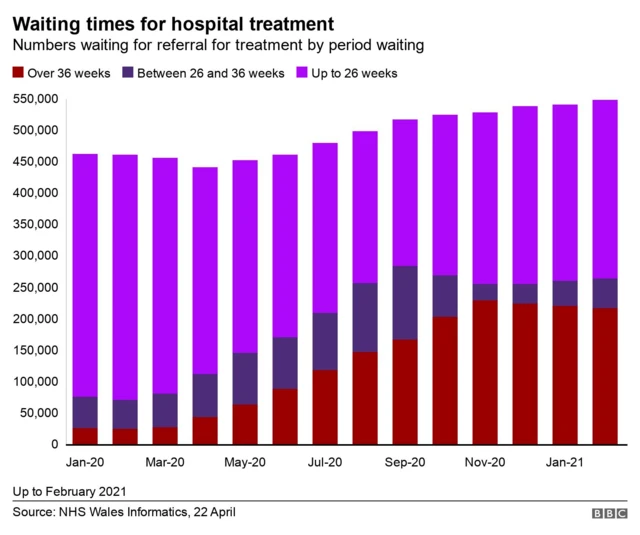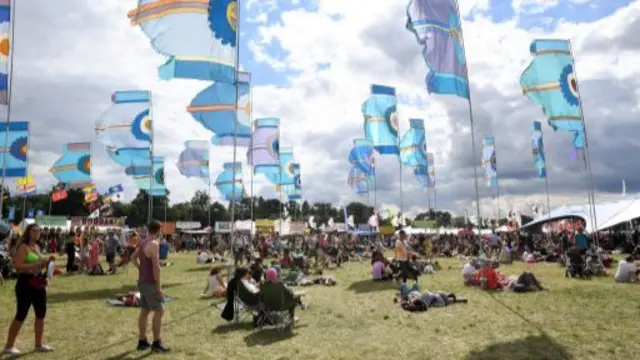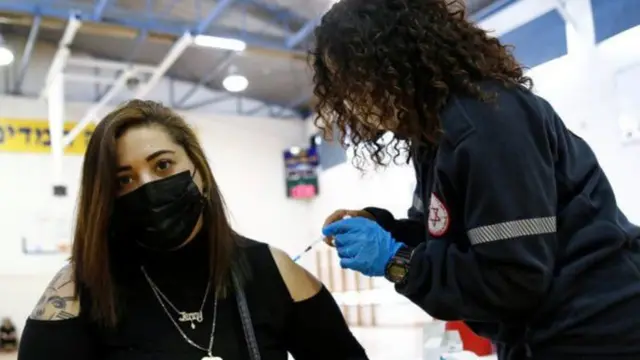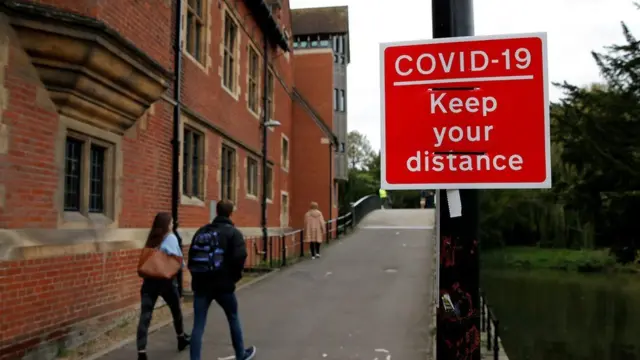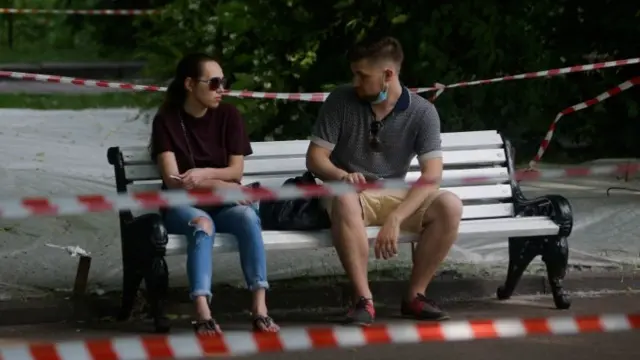Welsh NHS under 'substantial pressure', chief executive warnspublished at 09:34 BST 17 June 2021
The Welsh NHS is under "substantial pressure" as services return to pre-pandemic levels, its chief executive has warned.
Dr Andrew Goodall says the need to continue with Covid-19 precautions means a "difficult combination" of factors was straining the system.
Monthly waiting times will be published on Thursday, amid a growing backlog of patients waiting for treatment.
One doctors' group has called for a radical reorganisation of services.
Data from March shows there are 568,367 people on waiting lists in Wales, up 24.4% on the same time last year.
You can read more on this story here.
